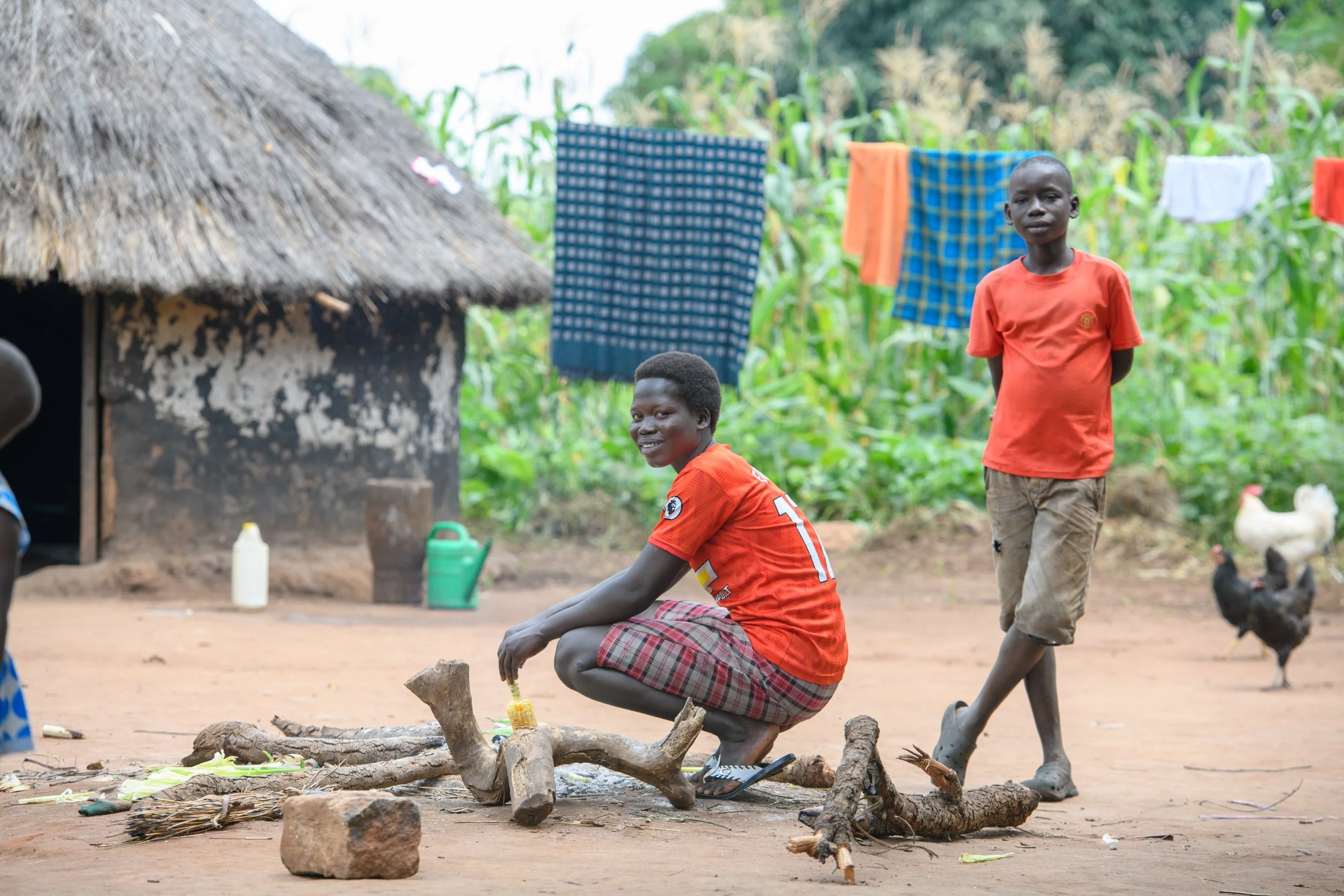Ayubo. Palabek, Uganda. Photo: Emmanuel Museruka.
Life-skills are linked to Climate Education
in formal and non-formal education. Active citizenship, adaptability, creativity, negotiation and problem-solving skills enable learners to navigate and act in the unpredictability caused by the climate crisis.
Life skills such as citizenship, self-confidence, the ability to organize, gender justice, human and labour rights, problem-solving, creativity and negotiation skills are essential in dealing with and acting on the climate emergency. Life skills are essential for resilience and coping with the effects and complexity of the climate crisis but also when finding local ways of acting, influencing and finding solutions.
Education systems need to integrate life skills as part of climate education to create a sense of hope and agency in all learning spaces. Learning spaces include informal settings such as engagement in community development organizations and networks, where locally sustainable solutions can be organized. It also means supporting, for example, the combination of functional literacy and skills development efforts for young people and adults with disaster risk reduction and resilient livelihoods efforts. Oxfam, therefore, promotes appropriate training of educators, including educators in non-formal or complementary education and skills training.

